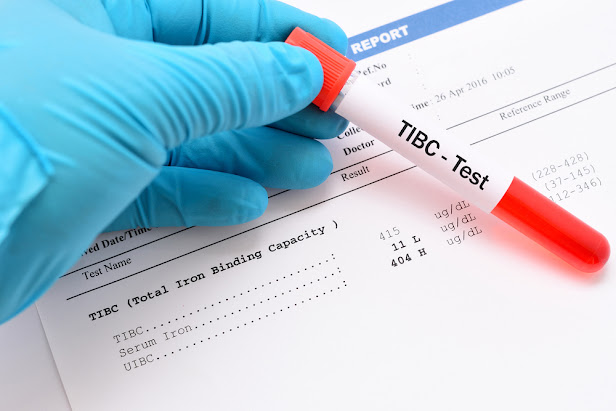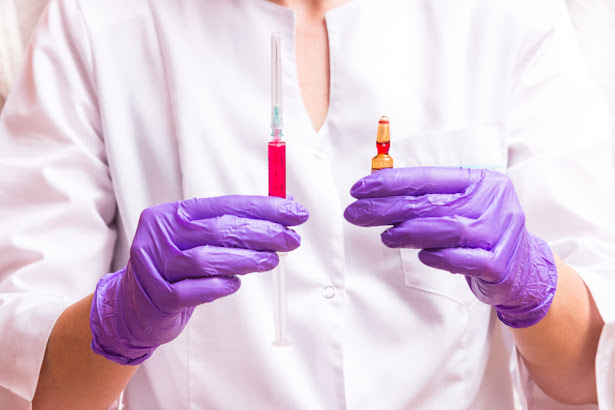High TIBC Levels in the Blood: Causes and Treatment
 |
| Addressing High TIBC Levels in the Blood |
A TIBC test done through simple blood testing measures your red blood cells’ capability to attach to iron and deliver it to different tissues. Iron is an essential mineral required to produce healthy red blood cells. Since blood transports oxygen from the lungs to the various parts of your body, iron is vital for muscle and bone health as well as organ function.
High TIBC Levels and What’s Causing It
If you get an elevated TIBC level results from your blood testing,
which goes beyond the normal range of 250-450 mcg/dl, this signals iron
deficiency. This condition can be due to the following causes:
Iron deficiency anaemia is a disorder causing low levels of red blood cells because of insufficient serum iron. Consequently, your body receives an inadequate amount of oxygen it requires, which can affect your cardiovascular health.
Pregnancy is another possible cause of elevated TIBC levels. This is because expecting women need more blood volume as the fetus develops; therefore, more red blood cells must be produced, which requires more iron. If iron intake is not increased, iron deficiency can occur.
Blood loss or heavy menstruation in women may also lead to iron deficiency since losing a considerable amount of blood leads to losing more iron. If left untreated, symptoms such as hair loss or cognitive and attention disorders can arise.
Internal bleeding caused by injuries or other chronic diseases also causes your TIBC levels to rise. Gastrointestinal bleeding from ulcers, colon cancer or polyps may cause you to lose blood, with common symptoms of blood in your stool.
Treating High TIBC Levels or Iron Deficiency
Replenishing iron stores to treat iron deficiency is typically done through iron supplements or by mindfully including more iron-rich foods.
Plant-based sources of iron to include in your meals are:
●
Chickpeas
●
Pumpkin seeds
●
Tofu
●
Beans
●
Lentils
● Green leafy vegetables
Some animal sources of iron include:
●
Eggs
●
Fish
●
Clams
●
Oysters
●
Mussels
●
Chicken
●
Liver
●
Lean red meat
However, if iron deficiency stems from mineral malabsorption due to digestive disorders such as celiac disease, treatment for such a condition should also be addressed.
If you are experiencing symptoms associated with iron deficiency, like shortness of breath, chest pain, chronic fatigue, dizziness or headache, pale skin, or brittle nails, seek a private blood testing clinic to help you and your doctor assess your condition. Let Intrigue Health handle your blood testing needs by booking an appointment with us today.



Comments
Post a Comment